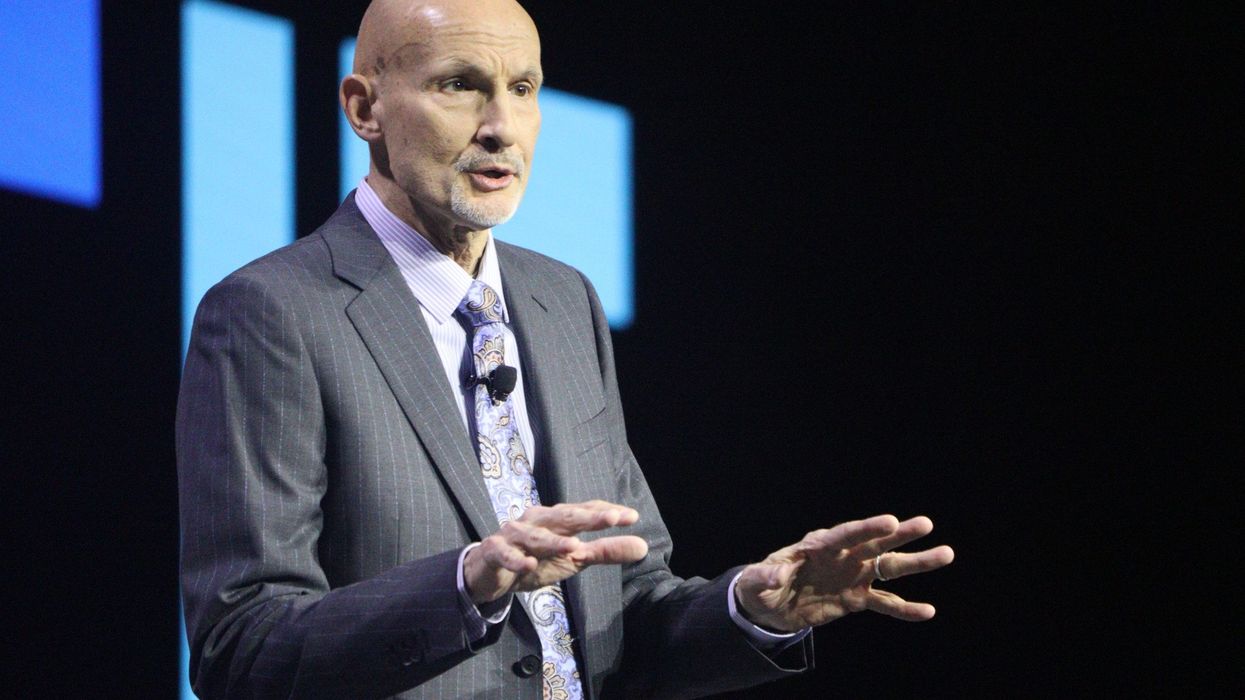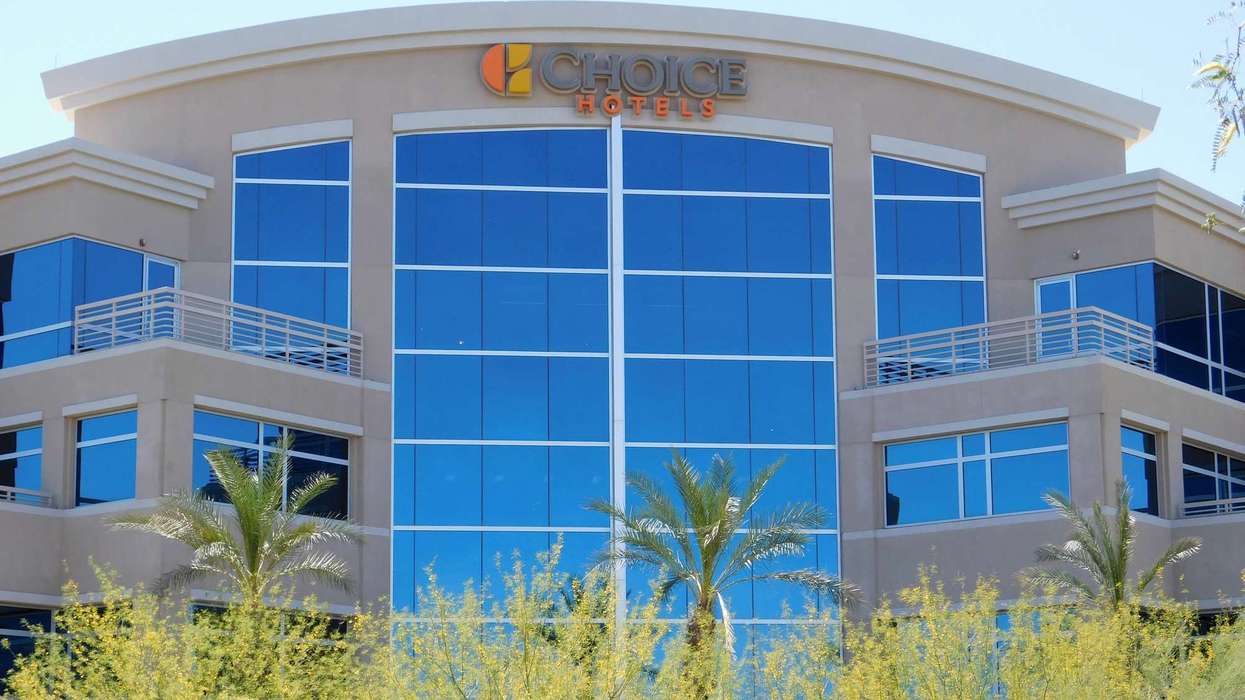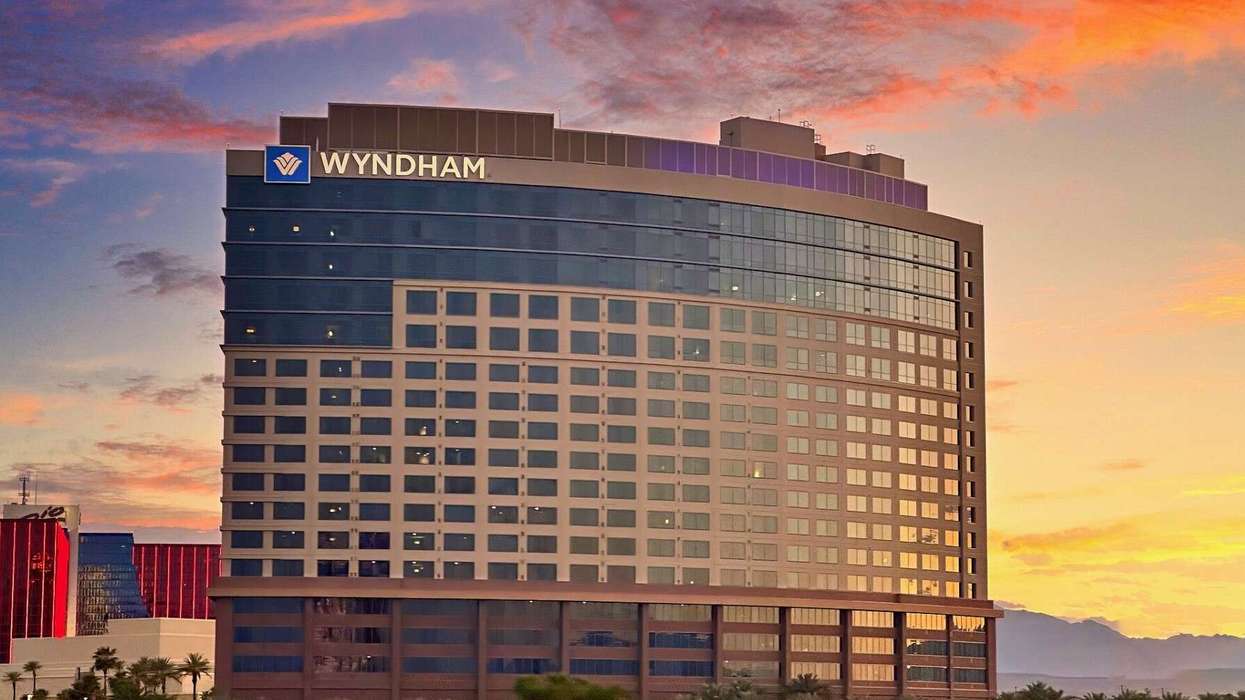REPLETE WITH CAR racing motifs reflecting its theme “Accelerate,” BWH Hotels held its annual convention in Charlotte, North Carolina. Nearly 3,000 BWH Hotels members, operators and partners from around the world attended the event that featured a welcome reception in the NASCAR Hall of Fame Museum.
BWH Hotels President and CEO Larry Cuculic followed the racing theme in his opening address to the crowd.
“Winning every day, leveling up every day's wins, create that year's championship,” Cuculic said. “That's how it happens in racing. Wins create championships, and then championships create legacies, lasting legacies for you, your teams and your family.”
During the convention, Cuculic and other executives addressed the company’s growth domestically and internationally, its performance in the extended-stay and luxury sectors as well as new technologies. Attendees also heard about BWH Hotels’ marketing efforts and reports from board members including Raj Patel, also CEO of Apsilon Hotels in Atlanta.
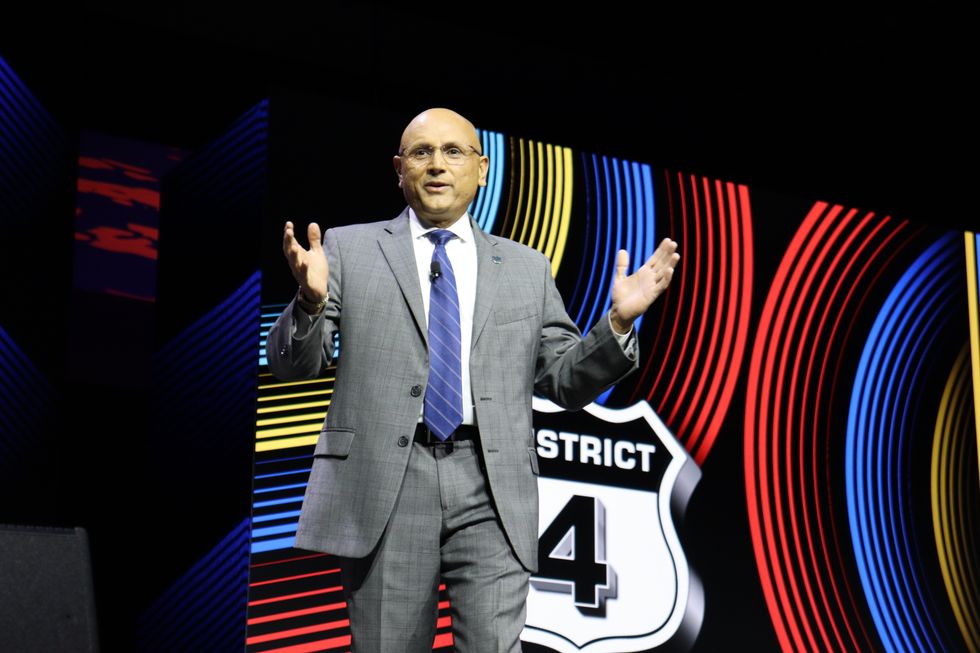
“As I look out in this audience, I can't help but feel now that we are all together in the convention, our family, my father, moved to America and started all over again from the ground up so his kids would have a better life, and through hard work, it all came out,” Patel said. “I know many of you share the similar story, but regardless of where you come from, where your hotel is located, or what type of hotel you have, we are all united by our passion.”
Growth at home and abroad
Cuculic said the “Accelerate” theme expresses the company’s energy and momentum.
“Our company is a powerful, global network of hotels for every type of traveler. This year, we reached $8.5 billion in international hotel revenue and signed nearly 300 new properties, including our first-ever beautiful glamping resort, the Zion Wildflower Resort at Zion National Park,” Cuculic said. “Our hotel teams are the heart of our business, and we are grateful our global community could come together this week to help shape the future and success of BWH Hotels.”
This year, BWH Hotels, which already has more than 4,300 hotels in 100 countries and territories worldwide signed nearly 300 properties, reinforcing its position as the second-largest soft branding company in the world. It saw increases in both leisure and business room nights throughout 2024 and reached a milestone of $1 billion in sales revenue for the first time.
Growth continues in India
BWH Hotels’ international subsidiary WorldHotels added several new properties in 2024, said Ron Pohl, WorldHotels president and BWH Hotels president of international operations. In India, Pohl said, BWH Hotels’ master licensee for the country Sorrel Hospitality, has opened 32 hotels over the past eight years and has another 24 in the pipeline.
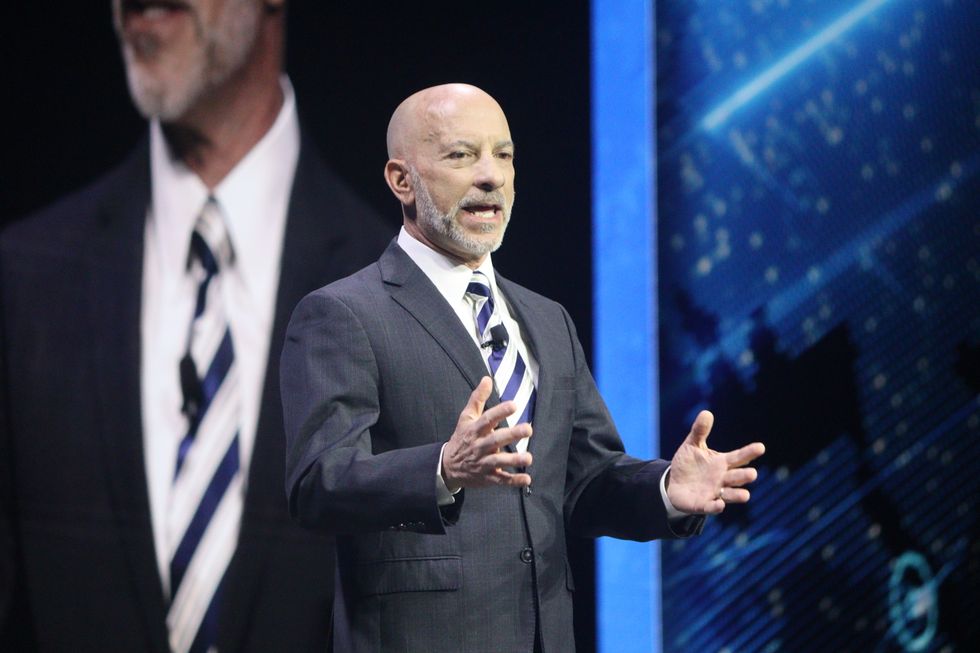
“I'm working very closely with the Sorrel team and your board of directors to determine how we can expedite our growth in India, maybe with the help of some of the folks in this room,” Pohl said. “India is the next horizon for BWH Hotels.”
Pohl said WorldHotels, Sorrel and the BWH Hotels board of directors are working “to determine how we can excel growth in India, which may include additional member and brand support.”
Luxury and extended stay
Growth is the key to everything, said Brad LeBlanc, BWH Hotels’ senior vice president and chief development officer.
“It is the key to your personal life, your professional life, and your hotels,” LeBlanc said. “I can say emphatically that growth is the key to BWH's future, hands down. The best way I can help you is to grow this company, because at the end of the day, we know size and scale matter.”
Much of the company’s growth comes from the extended-stay segment. BWH Hotels’ extended-stay brands include @HOME by Best Western that currently has properties under construction in Miami, Atlanta and Orlando as well as 20 states and territories in its pipeline.

“I'll say it again, extended-stay rules the pipeline with 33 percent of the pipeline, that's just an incredible fact,” LeBlanc said. “Here's what I believe. I believe that we're on the cusp of an expansion that we haven't seen in a long time. I believe the suppressed supply growth with aging inventory, I believe with a growing moving shift in population base, we are on the cusp of something huge in this industry.”
LeBlanc also highlighted the company’s upscale Aiden brand as another source of growth. With nearly 130 properties open and in the pipeline, the brand opened new properties globally, including its first New York City hotel with Aiden Long Island City and new properties in Poland, Mexico and Guyana.
“At the end of the day, Aiden will be an absolute huge winner for this organization,” LeBlanc said. “Aiden allows us, in a very, very fun way to penetrate much needed urban and dense suburban markets. We have a solution. It's new, it's fresh. It's really hard to get approved, but you'll get there.”
By “hard to get approved,” LeBlanc specified that every Aiden must be in an upscale market.
“That means it has an upscale comp set that doesn't have creative food and beverage and that doesn't have a boutique operator around it,” he said.
Like birds in the wilderness
LeBlanc also spoke on BWH Hotels entry into the $12.4 billion glamping industry with the Zion Wildflower Resort. The move follows Hilton’s AutoCamp Hyatt Hotels Corp.’s Under Canvas.
“The hospitality industry continues to evolve and we're evolving right along with it,” LeBlanc said. “Last year in this country, glamping revenues totaled $500 million. Glamping revenues annually were $12.4 billion, moving to $40 billion by 2034.It's a segment hoteliers are stepping into.”
Reopening for a new season next March 1, three-year-old Zion Wildflower is part of the BW Premier Collection by Best Western.
“You wake up in nature, in a beautiful tent of some sort, with all the modern conveniences surrounding you, wake up in the fresh air, but not on the ground,” LeBlanc said. “You walk outside with your cup of coffee, and you stand in the beauty of nature, and you just soak it in all the modern conveniences and a camping experience.”
LeBlanc said more such resorts are planned.
“We have a growing interest from many of our members for new locations. Adding a dozen is a real possibility. And it's just a market that's beginning, though. It's in its infancy,” LeBlanc said. “This is not sleeping in a tent. This is sleeping in a well done, fully formatted, fully AC, really cool place with bathroom with your iPhone charger next to your bed.”
New audience, new message
Joelle Park, senior vice president and chief marketing officer, discussed the company’s plans to further define its "Life's a Trip" marketing campaign. The original program was based on research by PMG Research.
“Building on that third party research that informed our initial personas for our Life's a Trip campaign. This summer, we conducted our own proprietary global consumer research,” Park said. “What we learned is BWH Hotel's next best guest skew slightly younger than our current basic travelers. They still travel for both leisure and for business, slightly more for leisure. They have a skew of exploration, actively seeking experiences off the beaten path. So we're going to define these next best guests for us as our emerging Explorers.”

This new group of travelers are looking for unique experiences. Park said they are largely aware of Best Western but were not aware of the broader BWH portfolio.
“Here's the important part; when we introduce this new group of travelers, emerging explorers, to the full range of hotel options that we offer, their likelihood to try our hotels overall increased, as well as their likely to join our loyalty program,” Park said. “This is our opportunity to introduce these emerging explorers who are open to trying new brands to our full portfolio of brands through the added value of our loyalty program.”
